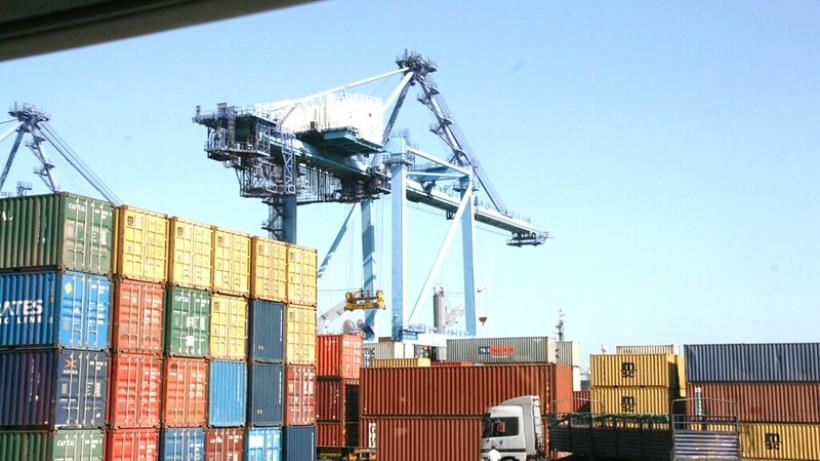
Trade: A summary of IGC research
-
Trade-STS.pdf
PDF document • 553.36 KB
As rates of globalisation increase in most developing countries, trade openness and foreign market access have become even more important determinants of growth. Trade offers crucial opportunities for increases in productivity and job creation, as well as for igniting sustainable inclusive growth. At the same time, increased integration raises the penalties of inefficient border procedures, poor infrastructure and high tariff or non-tariff barriers – prevalent features in many developing countries. Also of pressing concern, is the backlash against globalisation that is now being observed in traditional export destinations such as the US and EU. This has important implications for countries targeting export-led growth, and serves to increase, rather than diminish, the importance of research on trade for the developing world.
The IGC has long focused on research on trade and investment, to provide evidence that enables firms to compete internationally and grow through trade. Our research examines the effects of trade liberalisation, analyses barriers to trade, and evaluates policies aimed at furthering trade and harnessing its benefits. We look at the role of investment agencies, local content units (LCUs), export promotion agencies, and customs authorities, in promoting exports and benefitting from trade. We examine policies around trade facilitation and developments, such as special economic zones (SEZs), to help design effective solutions for spurring industrial and structural transition in developing countries. Our work extends to a wide range of sectors, from manufacturing to services and agriculture, and seeks to generate robust and comprehensive data and evidence.
Our work on trade concentrates on four areas in particular: the importance of trade, barriers to trade, developing and expanding exports, and regional integration and global value chains.


